Introduction
Marijuana (Cannabis) has a long history. Human use can be traced back to the third millennium B.C according to the earliest written documents. Here are 9 fascinating facts about marijuana you must know.
People have been ingesting marijuana in different forms (mainly by smoking it) for over 5,000 years. It is the most commonly used illegal drug, with only a small fraction of its users ever using another illegal drug. It is of interest to mental health specialists because its illegal use is linked to another drug of abuse whereby it serves as a gateway drug and also its exacerbating effect on chronic psychotic illnesses.
Cannabis may be distributed as grass/marijuana, as a resin (hash), or as cannabis oil. It may be smoked in cigarettes, alone, or mixed with tobacco; the resin form may be eaten directly or mixed with foodstuff (e.g cakes).
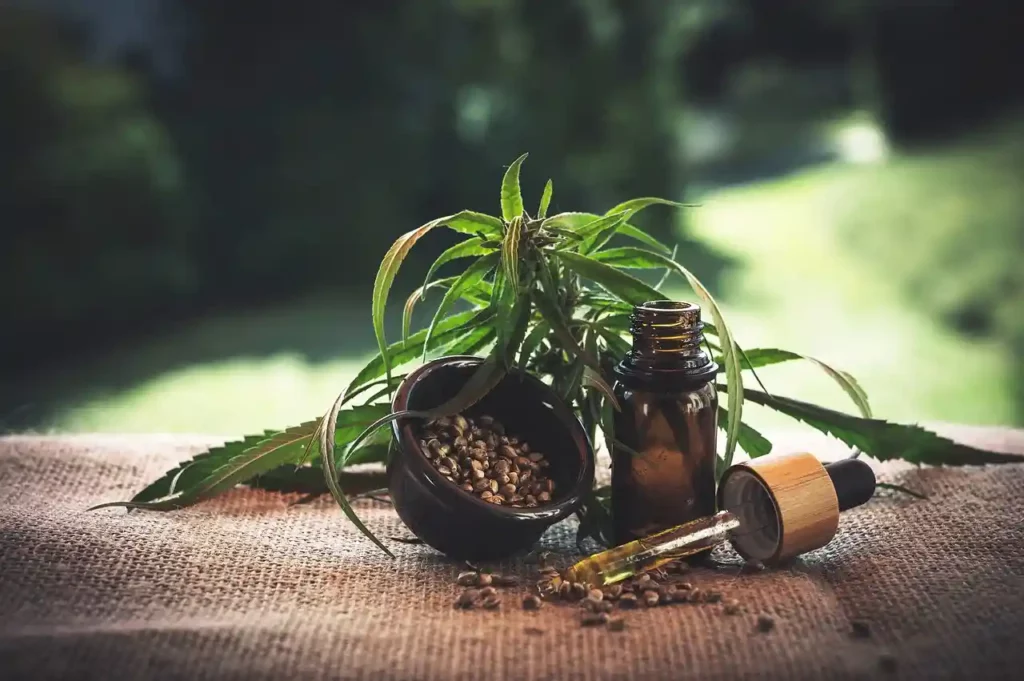
The plant has unique chemical properties that make it attractive for use in certain religious and cultural, ceremonies, adult recreational activities, and medicinal regimens (to potentially alleviate symptoms of a wide range of medical conditions).
Some of the chemical constituents of cannabis have unique characteristics that mimic some chemical messengers found naturally in the body that help to control certain bodily functions, such as digestion, appetite, sleep, and immune function. As a result, some countries and most of the states in the U.S have legalized the medicinal use of Marijuana. Some of the uses include:
- Acute or chronic pain
- Anxiety and/or stress
- Post traumatic stress disorder (PTSD)
- Epilepsy
- Cancer
- Multiple sclerosis
- Palliative care
Unfortunately, in the U.S.A Marijuana is classified as a Schedule 1 drug by Drug Enforcement Administration (DEA), and it is declared that it has “no currently accepted medical use and a high potential of abuse.” And this is obtainable in most Countries as there is not much research about its medical benefits.
Varieties Of Marijuana
Most cannabis plants are not the same. The structure, content of cannabinoids and terpenes vary, as well as the conditions necessary for optimum growth. However, the diversity of strains can all be traced back to one or more of the following strains:
- Cannabis Indica
C Indicas are short, bushy plants that reach a maximum height of 10 feet and have rounder leaves (than Cannabis Sativa). C. Indica has a higher concentration of CBD-to-THC than C. Sativa, so they produce a more relaxing effect and are more likely to make you drowsy. It has more potential medicinal properties because of its high CBD content.
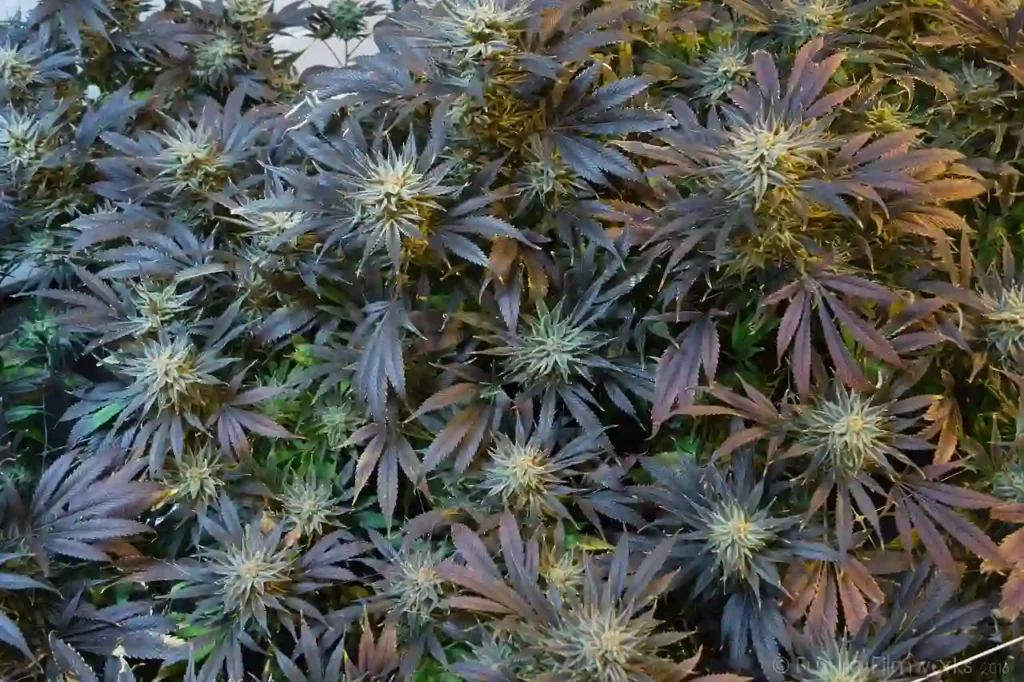
- Cannabis Sativa
C. Sativa are tall and less bushy than C. indica and can reach a maximum height of about 20 feet. They tend to have higher levels of THC-to-CBD, which tends to create a more active, energetic, and creative high.
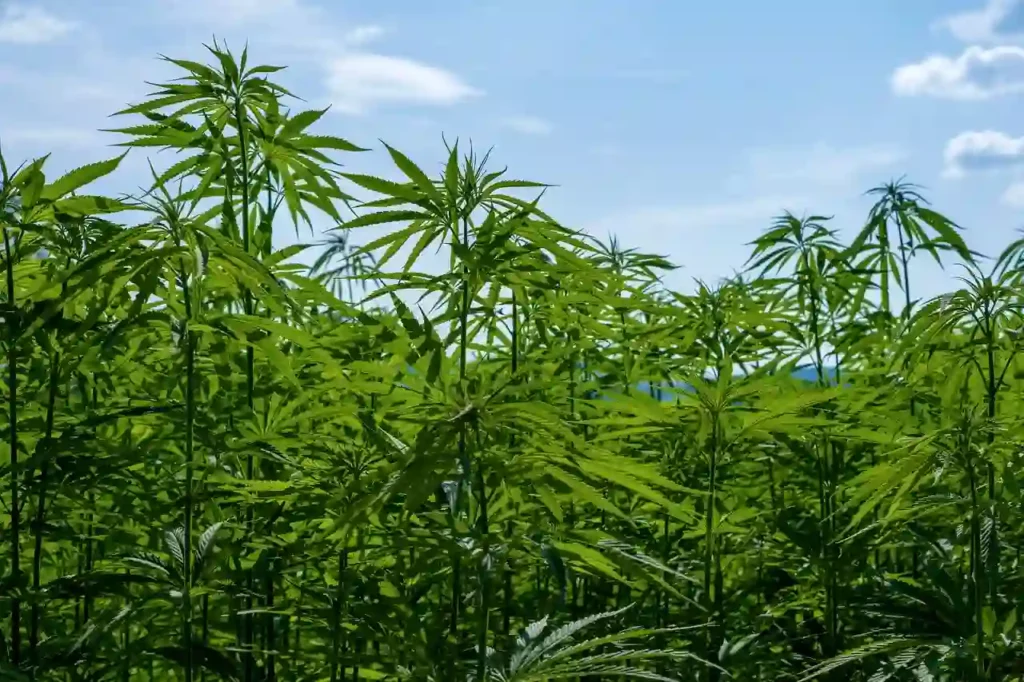
- Cannabis Ruderalis
C. Ruderalis is very short and bushy, reaching a maximum height of about two feet. It has less psychoactive contents than C. Sativa and C. Indica.
Below are 9 fascinating facts about marijuana you must know!
Is Marijuana Addictive?
Yes, marijuana is addictive. The withdrawal symptoms from marijuana can be severe and can include irritability, depression, loss of appetite, sleeplessness, anxiety, muscle spasms, sweating, tremors, vomiting, diarrhea, seizures, anxiety, and paranoia.

Smoking marijuana can lead to the inhalation of harmful fumes, making it easier to get addicted to the drug. Unfortunately, withdrawal symptoms will eventually begin to lessen. If a person continues to abuse marijuana and doesn’t stop when they feel withdrawal symptoms are coming on, they can become addicted to the drug.
Negative Effects Of Marijuana
Marijuana is a drug that’s been around for thousands of years. It is a psychoactive substance, meaning it affects mood and behavior. For a long time, marijuana was mostly thought of as a harmless substance because, unlike other drugs, the THC – the psychoactive element in cannabis – doesn’t last as long in the bloodstream. But research has shown that marijuana, especially when smoked, can have a lot of negative effects on the brain, including changes in cognitive function and memory, as well as increased risk of mental illness[1].
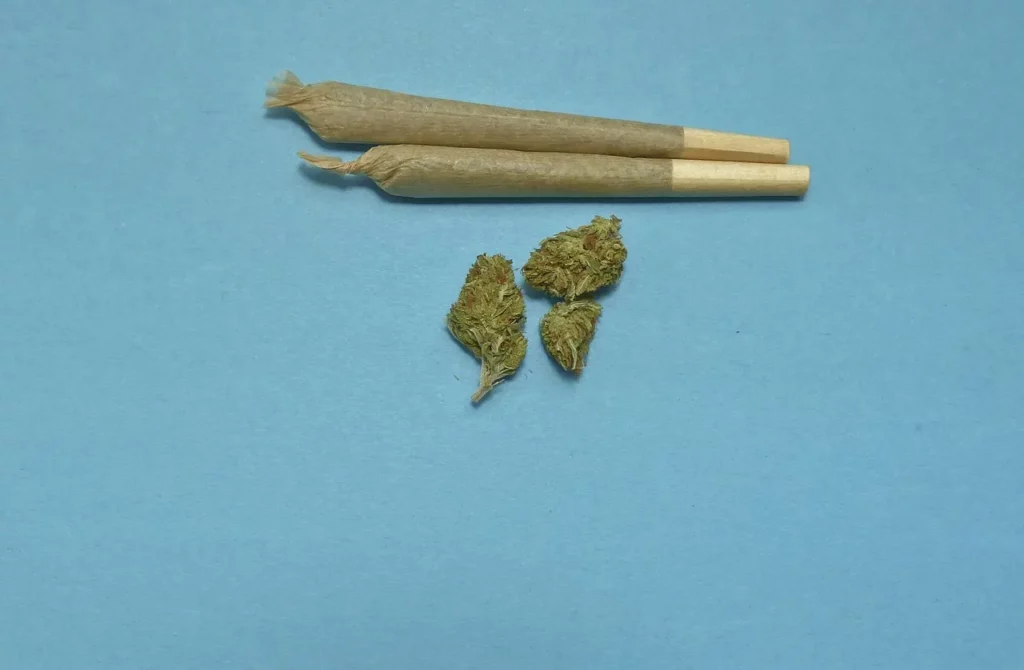
It has also been shown in another study that the use of marijuana in adolescents was associated with an increased risk of developing depression and suicidal behavior later in life, even in the absence of a premorbid condition[2].
The regular use of cannabis during adolescence is of profound concern as use in this age group is associated with an increased likelihood of deleterious consequences, such as diminished scholastic achievement, lower degree attainment and school abandonment, liability to addiction[3], earlier onset of psychosis[4], and neuropsychological decline[5].
Below are adverse effects of short term and long term marijuana use
Effect Of Short Term Use Of Marijuana
- Impaired short term memory, making it difficult to learn and retain information
- Impaired motor coordination,interfering with driving skills and increasing the risk of injuries
- Altered judgement,increasing the risk of bahaviours that facilitate the transmission of sexually transmitted diseases
- In high doses,suspiciousness and psychosis
Effect Of Long Term Use Of Marijuana
- Addiction to marijuana
- Altered brain development during adolescent period
- Poor educational outcome
- Cognitive impairment, with lower I.Q among those who were frequent users during adolescent period
- chronic bronchitis
- Diminished life satisfaction and achievement
- increased risk of psychotic disorders like schizophrenia
Medicinal Benefits Of Marijuana

Many people believe that marijuana has no medicinal benefits, however, it is one of the first plants to be used as medicine, nonetheless, the notion that it has potentially valuable therapeutic properties is a matter of current debate.
Marijuana has over 80 known types of cannabiniods (phytocannabinoids), however, the most widely studied is Delta 9-tetrahydrocannabinol (THC). The knowledge of THC and the discovery of the endocannabinoid system (cannabinoid receptors CB1 and CB2 and their endogenous ligands) made possible studies concerning the pharmacological activity of cannabinoids. Studies have shown that THC and its derivatives have a therapeutic application. However, the adverse reactions reported during human trials, as well as the risk of tolerance development and potential dependence, limit the application of THC in therapy[6].
Cannabidiol (CBD) has non-psychoactive effects, an advantage for clinical applications of anti-cancer benefits[7]. Other potential medicinal benefits of cannabidiol (CBD) are; suppression of chronic inflammatory and neuropathic pain[8], treatment of anxiety disorder[9], lowering of blood pressure[10].
The U.S. Food and Drug Administration (FDA) has approved THC-based medications, dronabinol, and nabilone in a form of a tablet (pill) used for the treatment of nausea in a cancer patient undergoing chemotherapy and also an appetite stimulant in patients with wasting syndrome due to AIDS.
Can You Overdose On Marijuana?
The answer to the question of whether or not it is possible to overdose on marijuana is that while there have been no recorded cases of someone overdosing and dying from marijuana alone, people do die from marijuana and other drugs combined. These deaths can be attributed to interactions with other substances like alcohol and opioids, or they can occur because of complications from repeated use such as addiction, paranoia, and panic attacks.
Could Smoking Weed Increase Brain Power?
Not at all, acute and chronic exposure to marijuana has been associated with cognitive deficits (meaning lower brain power), the precise way in which it happened is not known. However, it is suggested that cannabinoids modulate brain-derived neurotrophic factor (BDNF)[11].
How Could Marijuana Affect Sex?
In a study of the effect of marijuana on female sexual function, it was found out that there are dose-dependent effects on female sexual desire and receptivity, such that low doses generally facilitate or have no effect but high doses inhibit sexual function, however, more research is needed[12].
In another study in which 216 males and females were interviewed, it was found out that marijuana helped many participants to relax, heightened their sensitivity to touch, and increased intensity of feelings, thus enhancing their sexual experience, while others found that cannabis interfered by making them sleepy and less focused or had no effect on their sexual experience[13].
How Difficult Is It To Quit Marijuana?
Marijuana is a notoriously difficult drug to quit, even though is quite possible because a lot of people have done it. It may cause withdrawal symptoms including irritability, anxiety, sleeplessness, appetite loss, headaches, and cravings. The best way to treat a marijuana addiction is with counseling, support groups, and individual therapy.
Conclusion
Marijuana is a drug that has been around for thousands of years. It has been used for a variety of problems, including neuralgia, menstrual cramps, rheumatism, asthma, and chronic pain, and the first recorded medical reference to marijuana dating back to 2737 BC. However, it has a lot of negative ill health, including impaired short-term memory, poor motor coordination, addiction, and increased risk of severe mental illness. There is a need for a public awareness campaign as regards the use of marijuana in a responsible and safe way.
For more articles visit: psycheducate
Resources
- Noble MJ, Hedberg K, Hendrickson RG. Acute cannabis toxicity. Clin Toxicol . 2019;57(8):735-742. doi:10.1080/15563650.2018.1548708
- Gobbi G, Atkin T, Zytynski T, et al. Association of cannabis use in adolescence and risk of depression, anxiety, and suicidality in young adulthood: A systematic review and meta-analysis. JAMA Psychiatry. 2019;76(4):426-434. doi:10.1001/jamapsychiatry.2018.4500
- Silins E, Horwood LJ, Patton GC, et al; Cannabis Cohorts Research Consortium. Young adult sequelae of adolescent cannabis use: an integrative analysis. Lancet Psychiatry. 2014;1(4):286-293. doi:10.1016/S2215-0366(14)70307-4
- Di Forti M, Sallis H, Allegri F, et al. Daily use, especially of high-potency cannabis, drives the earlier onset of psychosis in cannabis users. Schizophr Bull. 2014;40(6):1509-1517. doi:10.1093/schbul/sbt181
- Meier MH, Caspi A, Ambler A, et al. Persistent cannabis users show neuropsychological decline from childhood to midlife. Proc Natl Acad Sci U S A. 2012;109(40):E2657-E2664. doi:10.1073/pnas.1206820109
- Costa B. On the pharmacological properties of Delta9-tetrahydrocannabinol (THC) Chem Biodivers. 2007;4(8):1664–1677. doi: 10.1002/cbdv.200790146
- Kis B, Ifrim FC, Buda V, et al. Cannabidiol-from Plant to Human Body: A Promising Bioactive Molecule with Multi-Target Effects in Cancer. Int J Mol Sci. 2019;20(23):5905. Published 2019 Nov 25. doi:10.3390/ijms20235905
- Xiong W, Cui T, Cheng K, et al. Cannabinoids suppress inflammatory and neuropathic pain by targeting α3 glycine receptors. J Exp Med. 2012;209(6):1121-1134. doi:10.1084/jem.20120242
- Blessing EM, Steenkamp MM, Manzanares J, Marmar CR. Cannabidiol as a Potential Treatment for Anxiety Disorders. Neurotherapeutics. 2015;12(4):825-836. doi:10.1007/s13311-015-0387-1
- Jadoon KA, Tan GD, O’Sullivan SE. A single dose of cannabidiol reduces blood pressure in healthy volunteers in a randomized crossover study. JCI Insight. 2017;2(12):e93760. Published 2017 Jun 15. doi:10.1172/jci.insight.93760
- D’Souza DC, Pittman B, Perry E, Simen A. Preliminary evidence of cannabinoid effects on brain-derived neurotrophic factor (BDNF) levels in humans. Psychopharmacology (Berl). 2009;202(4):569-578. doi:10.1007/s00213-008-1333-2
- Becky Lynn, Amy Gee, Luna Zhang, James G. Pfaus, Effects of Cannabinoids on Female Sexual Function, Sexual Medicine Reviews, Volume 8, Issue 1,2020,Pages 18-27,ISSN 2050-0521.
- Wiebe E, Just A. How Cannabis Alters Sexual Experience: A Survey of Men and Women. J Sex Med. 2019 Nov;16(11):1758-1762. doi: 10.1016/j.jsxm.2019.07.023. Epub 2019 Aug 22. PMID: 31447385.

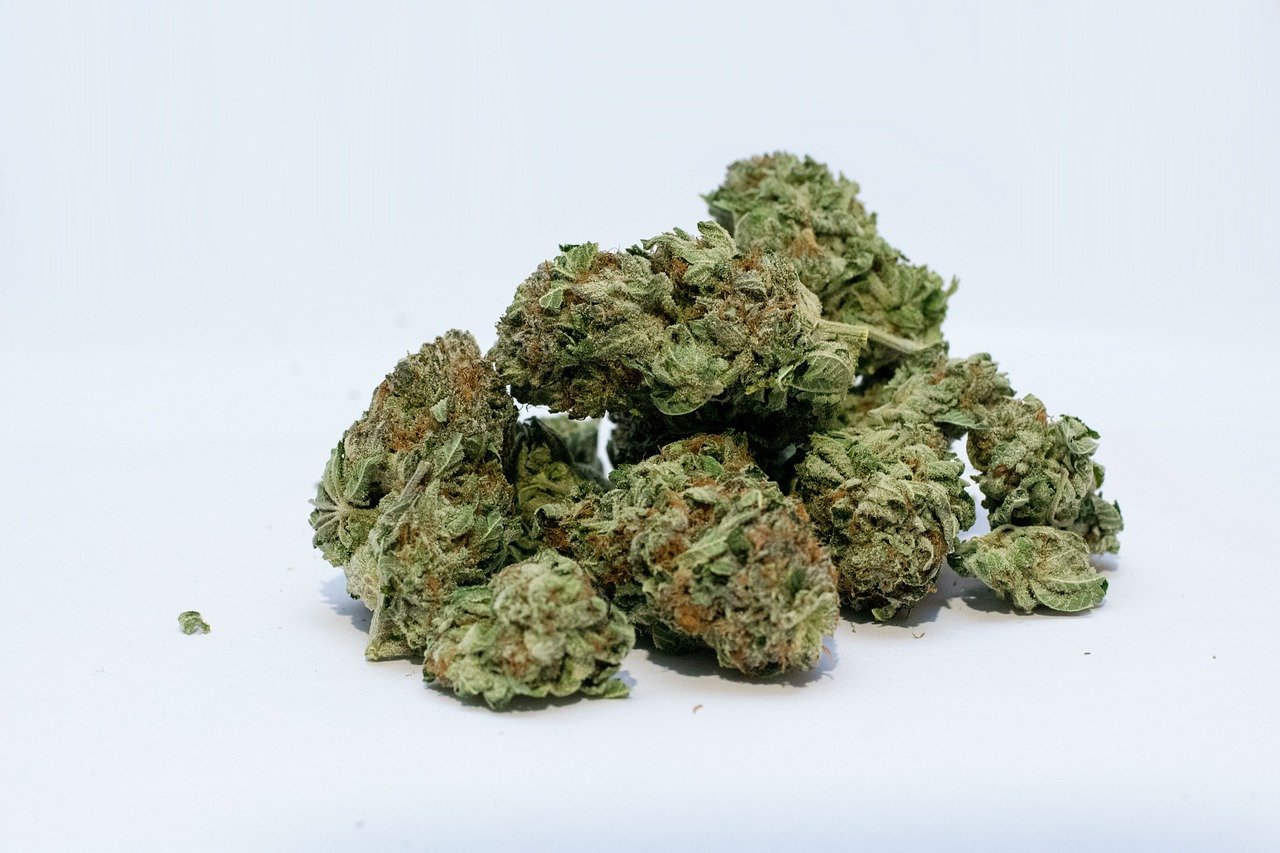




Good write-up
Im very pleased to find this site. I need to to thank you for ones time for this particularly fantastic read!! I definitely really liked every part of it and I have you bookmarked to see new information on your site.
many thanks for your interest in the write-up, more are coming up soon!
Let your money grow into the capital with this Robot. https://HiB.bookeat.es/gotodate/promo
Njfhsjdwkdjwfh jiwkdwidwhidjwi jiwkdowfiehgejikdoswfiw https://gehddijiwfugwdjaidheufeduhwdwhduhdwudw.com/fjhdjwksdehfjhejdsdefhe
Тут можно взять бесплатный плагин для Google Chrome, которое может автоматически добавить клиентов Vkontakte так, чтобы избежать заморозки аккаунта:
друзья vk пригласить
Greetings! Very helpful advice in this particular post! It is the little changes that make the most significant changes. Thanks for sharing!
you are welcome
I’ve recently started a blog, the information you offer on this site has helped me tremendously.
Thank you for all of your tme & work.
Also visit my homepage: cisco world – aaasjournal.net –
many thanks for your kind comments, will do so
I gott what you intend,bookmarked, very decent internet site.
My web-site; truck repair manuals – Randal –
You completed a few nice points there. I did a search on the matter and
found nearly all people will consent with your blog.
Feel free to surf to my webpage 2008 pontiac g6 cooling system diagram
Thanks and will visit the webpage
Nice post. I learn something totally new and challenging on sites I stumbleupon on a daily basis. It will always be useful to read content from other writers and practice something from other web sites.
Many thanks for your nice comments
May I just say what a relief to find someone who genuinely knows what theyre discussing on the internet. You actually realize how to bring an issue to light and make it important. More people have to look at this and understand this side of the story. I was surprised youre not more popular because you most certainly have the gift.
Thanks a lot for your nice comments
Quality articles is the main to be a focus for the visitors to pay a quick visit the site,
that’s what this website is providing.
many thanks